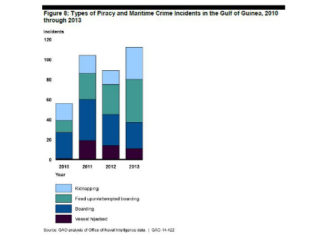Source: The Nation
The movement to stop climate change needs both mass mobilizations and direct action.
Last Sunday, we joined 400,000 people in the People’s Climate March (PCM) to demand action on climate change. The next day, we joined with 3,000 others to participate in Flood Wall Street (FWS), disrupting business as usual and naming capital as the chief culprit of climate change.
In the days leading up to these mobilizations, a few critics on the left framed a stark dichotomy between these two kinds of actions. The PCM was cast as a depoliticized, corporate-friendly sellout, in contrast to more militant direct action, which Flood Wall Street soon emerged to organize. Chris Hedges, for example, called the PCM “the last gasp of climate change liberals,” and argued that the real resistance would come afterward “from those willing to breach police barricades.” Resistance, according to Hedges, can only be effective “when we turn from a liberal agenda of reform to embrace a radical agenda of revolt.” Likewise, Arun Gupta accused PCM of spending too much money on subway advertisements and wondered how much political value a march can have when mainstream politicians and other elites felt comfortable enough to march in it. read more



